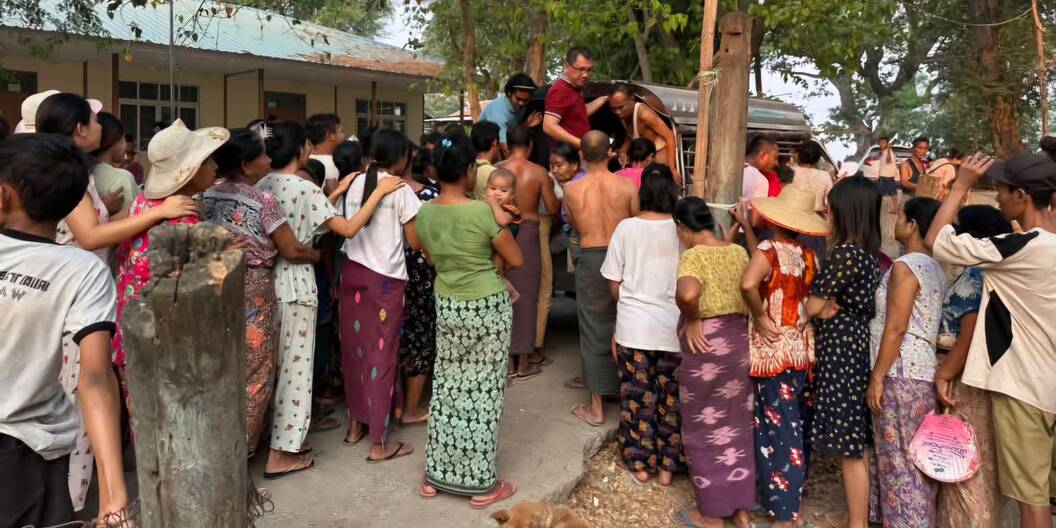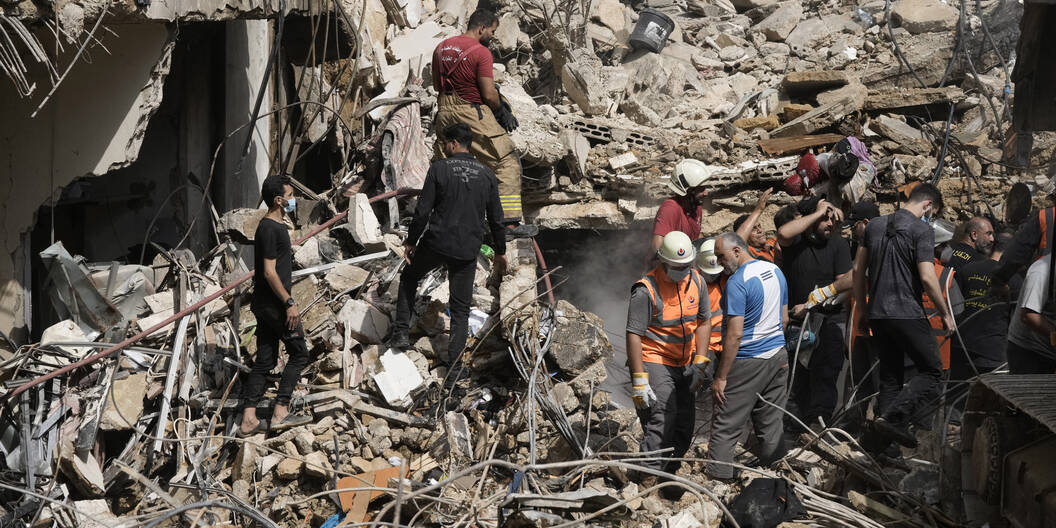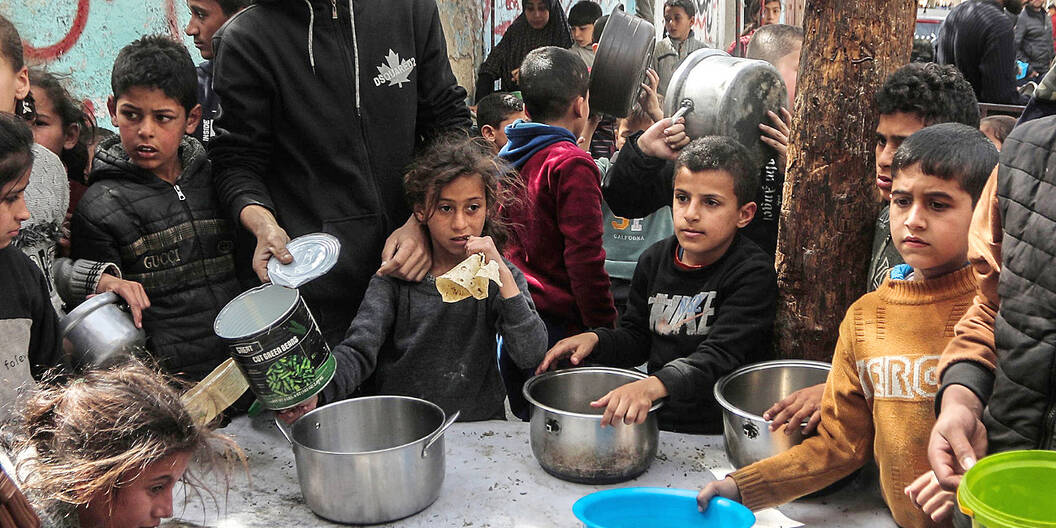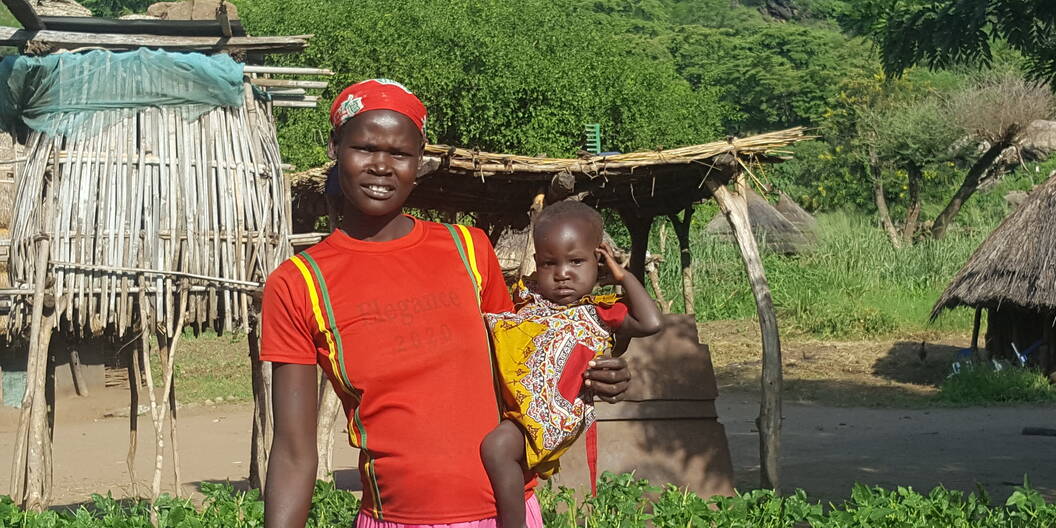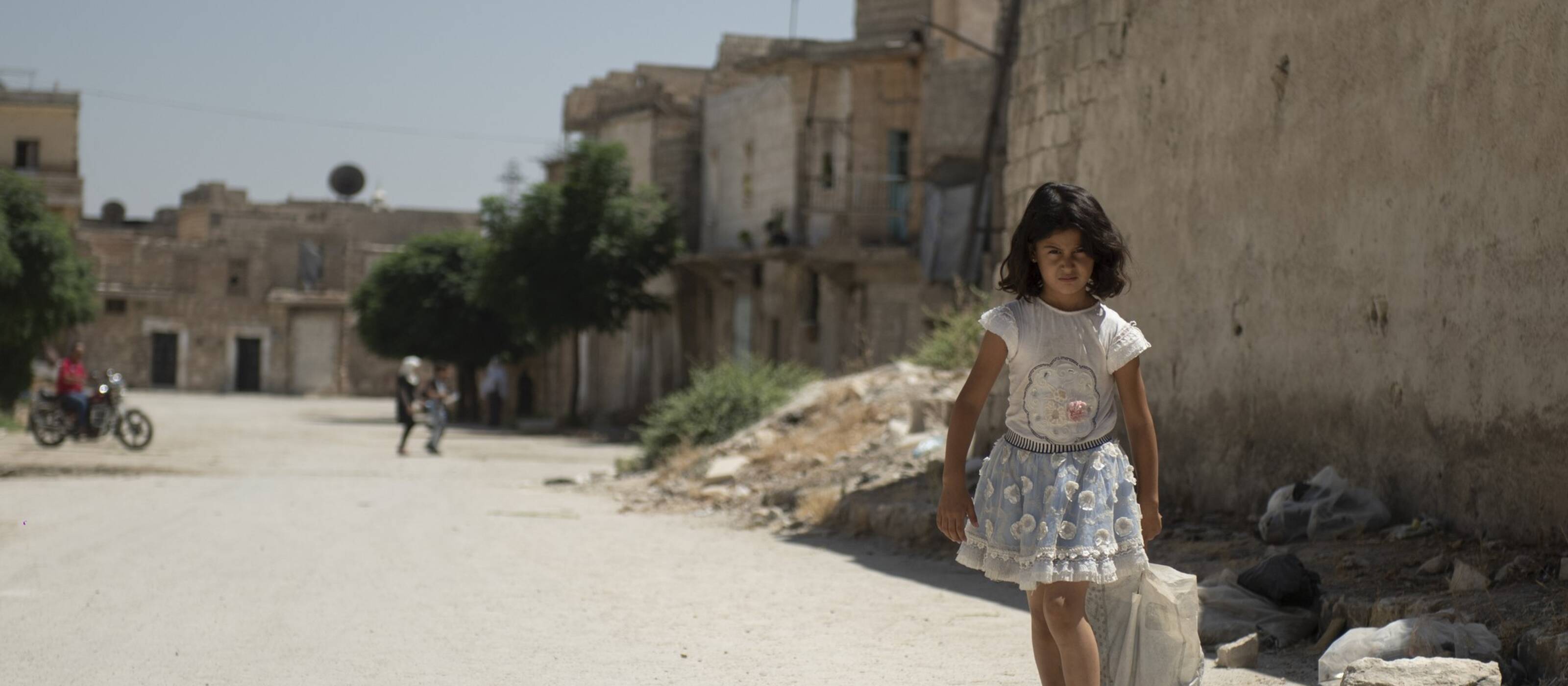

Increasingly complex crises
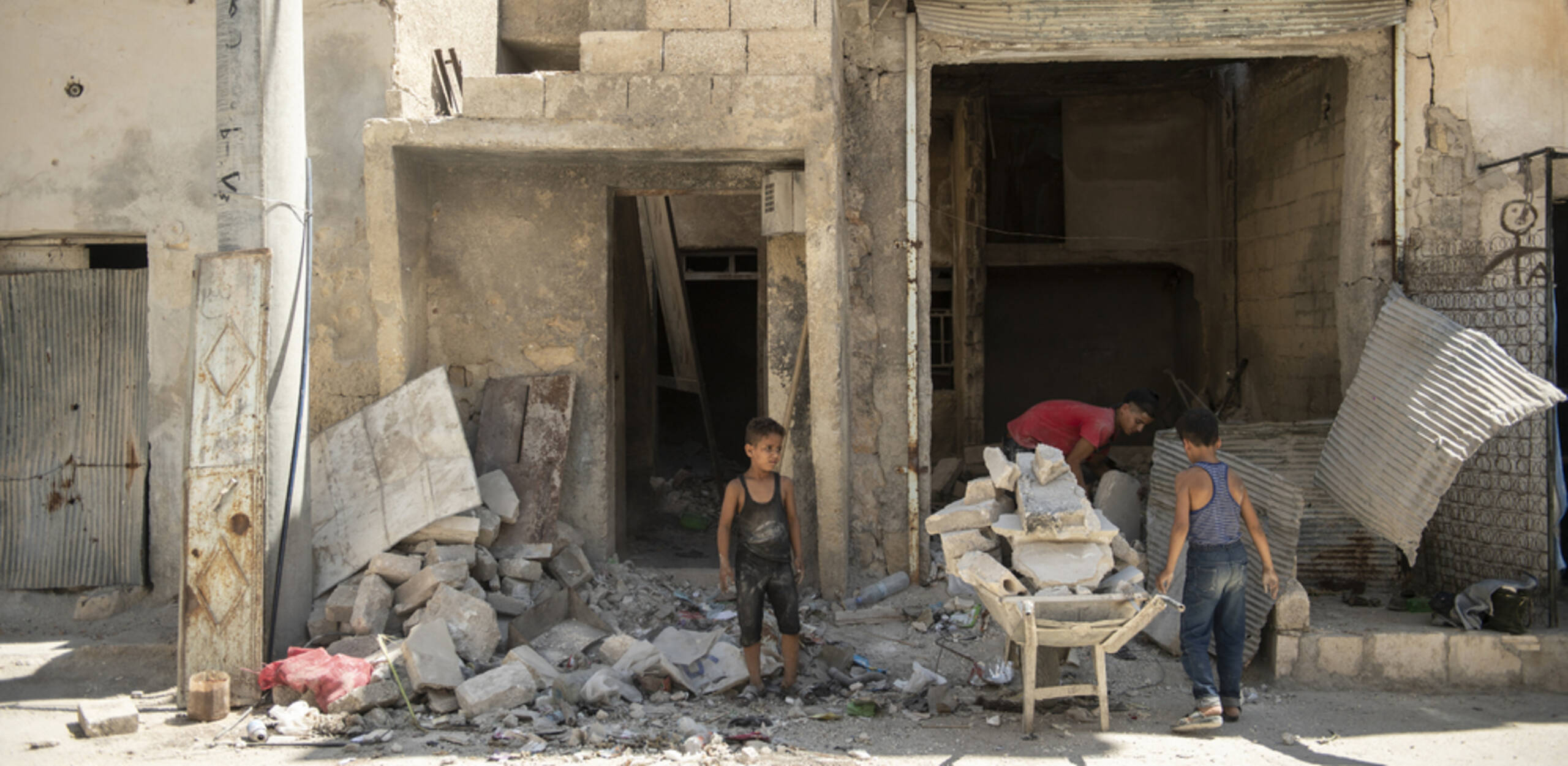
In the approximately 20 project countries where Caritas Switzerland is active, people are increasingly confronted with multiple crises simultaneously. This makes the problems more complex, those affected more vulnerable, and assistance more challenging. Two Caritas experts assess the situation.
Wars in Ukraine and Gaza, earthquakes in Syria and Turkey, drought in Ethiopia and a global poverty on the rise. These are just some examples of crises and disasters that have occurred world- wide in the past year, with devastating consequences for the people affected. In 2023, 363 million people were in need of humanitarian aid, twice as many as in 2019.
Caritas Switzerland directly witnesses this growing need for humanitarian relief and long-term assistance in its approximately 20 project countries. It is noticeable that many crises no longer exist in isolation. Rather, they are becoming interlinked into a complex web in which they reinforce each other and in which there is no longer a clear beginning and end.
Responding to crises with a new approach
Caritas Switzerland therefore works increasingly with the so-called Humanitarian-Development-Peace-Nexus, or «Nexus approach» for short. This combines three approaches in the same project: short-term humanitarian aid, long-term development cooperation, and the promotion of social cohesion and conflict sensitivity.
An example in Chad shows how this works. The country suffers from increasingly frequent weather extremes such as droughts and floods. In order to ensure food security, those affected receive seasonally limited food aid. This short-term measure is supplemented with training in new agricultural techniques, for example cultivating climate-resistant crops. In addition, Caritas mediates between all relevant actors and actively involves them. This means that not only the symptoms – such as a failed harvest and famine – are tackled, but also that the causes, such as changing weather conditions, the weak economy, or the fragile structure are addressed.

«Complex crises require holistic solutions.»Martina Weber2023 Head of international cooperation ad interim
Forced to suddenly adapt projects
In fragile regions such as West and Central Africa, however, there is always the risk that progress made is diminished by external influences.
When, for example, renewed fighting erupted in Sudan in April 2023, around 500’000 (!) people fled to neighbouring Chad. This is a massive extra burden for the border areas, which were already challenged by scarce resources, a weak economy, and rising poverty. It is therefore important to not only rely on short-term humanitarian aid activities, but to implement also long- term projects so that those affected become more resilient to such events. In this way, assistance has a sustainable impact.
This can be challenging for the work of Caritas: «A lot of flexibility is required in our projects», says Patricia Kröll, responsible for Emergency Preparedness and Response ad interim at Caritas Switzerland in 2023.

«On the one hand, we have to plan long-term, yet at the same time, we must be able to respond quickly to unexpected events.»Patricia Kröllresponsible for Emergency Preparedness and Response
This also means that funding has become an increasing challenge. Martina Weber, 2023 Head of international cooperation ad interim, explains: «It is becoming more difficult to define a reliable budget over several years because the population’s needs can suddenly change, and we have to adapt our support.» And at the same time, funds for long-term development cooperation are more difficult to generate than those for short-term emergency relief.
Martina Weber concludes: «Complex crises demand holistic solutions. This requires persistance – both from the people affected and from us as an aid organisation, as well as from the institutional funders and private donors.»
Our support in figures
0
peoplewere supported by Caritas Switzerland with humanitarian aid
(2023)
0
millionswiss francs were spent by Caritas Switzerland on humanitarian aid
(2023)
0
projectsof Caritas Switzerland are based on the Nexus approach
(2023)
0
projectsof Caritas Switzerland are active in regions categorised as fragile and conflict-affected contexts by the World Bank
(2023)
Humanitarian aid More stories about fast and effective aid
© Hasan Belal
Header image: A girl walks through the Jabal Bedro neighbourhood in Aleppo, a city shattered by the earthquake and the war. © Hasan Belal
